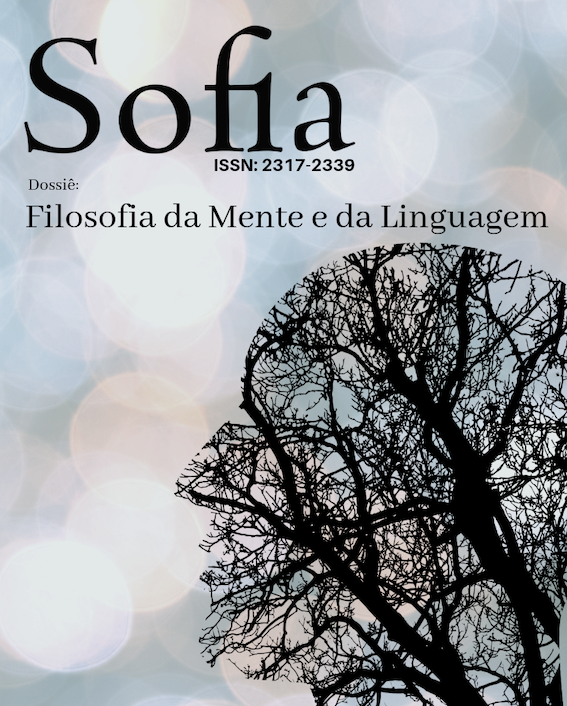The extended mind hypothesis: an anti-metaphysical vaccine
DOI:
https://doi.org/10.47456/sofia.v8i1.23751Abstract
Discussions about the extended mind have ‘extended’ in various directions in the last decades. While applied to other aspects of human cognition and even consciousness, the extended-mind hypothesis has also been criticized, as it questions fundamental ideas such as the image of a dual world, divided between an external and an internal domain by the border of ‘skin and skull’, the idea of a localized and constant decision center, and the role of internal representations. We suggest that the main virtue of the hypothesis is not as a theory per se, but as a vaccine against persistent metaphysical prejudices about the mind’s structure, functions and borders. Being an hypothesis about the most efficient ways to combine resources and problems, and not a theory about the mind’s a-priori constitution, the extended mind view moves the focus from ontology to pragmatics and helps purify philosophy of mind from metaphysical remainders.Downloads
Downloads
Published
How to Cite
Issue
Section
License
Copyright (c) 2019 Giorgio Airoldi

This work is licensed under a Creative Commons Attribution 4.0 International License.
Dada a política de acesso público da revista, o uso dos textos publicados é gratuito, com a obrigação de reconhecer a autoria original e a primeira publicação nesta revista. Os autores das contribuições publicadas são inteiramente e exclusivamente responsáveis por seus conteúdos.
I Os autores autorizam a publicação do artigo nesta revista.
II Os autores garantem que a contribuição é original e assumem total responsabilidade pelo seu conteúdo em caso de impugnação por terceiros.
III Os autores garantem que a contribuição não está sob avaliação em outra revista.
IV Os autores mantêm os direitos autorais e concedem à revista o direito de primeira publicação, sendo o trabalho licenciado sob uma Licença Creative Commons Atribuição-BY.
V Os autores são autorizados e incentivados a divulgar e distribuir seu trabalho on-line após a publicação na revista.
VI Os autores dos trabalhos aprovados autorizam a revista a distribuir seu conteúdo, após a publicação, para reprodução em índices de conteúdo, bibliotecas virtuais e similares.
VII Os editores reservam o direito de fazer ajustes no texto e adequar o artigo às normas editoriais da revista.


















